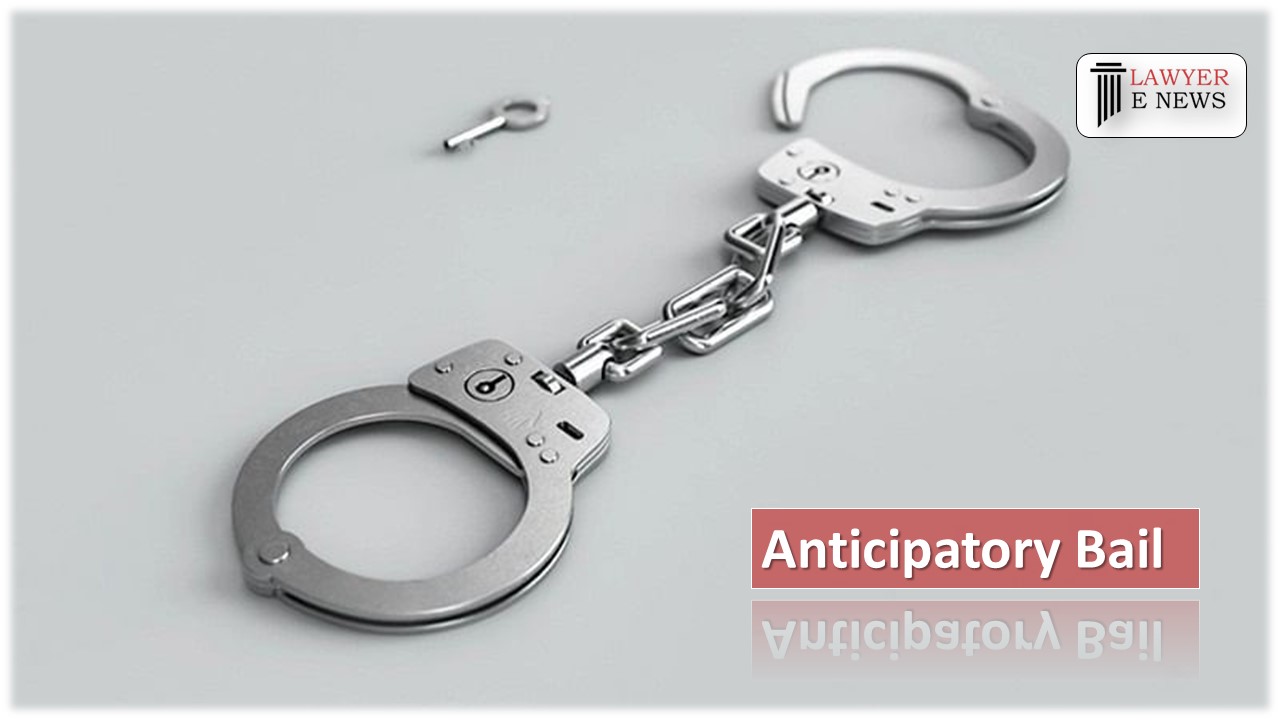-
by Admin
15 February 2026 2:36 AM



Bombay High Court rejects anticipatory bail application of Ritu Maloo, emphasizing the legal implications of driving under the influence and subsequent evasion of responsibility.
In a significant judgment delivered by the Bombay High Court, Justice Urmila Joshi-Phalke denied the anticipatory bail application of Ritu Maloo, who was implicated in a drunken driving incident resulting in the deaths of two individuals. The court stressed the gravity of the offense, the prima facie evidence of negligence, and the applicant's conduct post-incident.
The applicant, Ritu Maloo, was involved in a vehicular accident on February 25, 2024, where she allegedly drove a car under the influence of alcohol, hitting a two-wheeler from behind and causing the deaths of its rider, Mohd. Hussain Gulam Mustafa, and pillion rider, Mohd. Ateef Mohd. Zia. Initially, the FIR was registered under Sections 304-A, 279, 337, and 338 of the IPC and Section 184 of the Motor Vehicles Act. However, following further investigation, more severe charges under Sections 304 and 427 of the IPC and Section 185 of the MV Act were added.
The court meticulously examined various pieces of evidence, including CCTV footage, eyewitness statements, and blood alcohol reports. The CCTV footage revealed that Maloo drove recklessly, covering 3.8 kilometers in under three minutes and colliding with the Activa scooter. Eyewitness accounts corroborated the severity of the crash and the subsequent evasion by Maloo and her companion.
The statements of the eyewitnesses at the scene and the staff at the club where Maloo consumed alcohol were critical. The court noted that these testimonies consistently described Maloo's impaired state and reckless driving. Further, attempts by Maloo to mislead the investigation by providing conflicting accounts about who was driving the car were highlighted.
The court elaborated on the legal principles related to anticipatory bail and the gravity of the offense under Section 304 Part II of the IPC. Justice Joshi-Phalke emphasized, "Driving a vehicle under the influence of alcohol and causing death reflects knowledge of the probable consequences, making Section 304 Part II applicable." The judgment also referred to various precedents, including the landmark cases of Alister Anthony Pareira vs. State of Maharashtra and State through PS Lodhi Colony, New Delhi vs. Sanjeev Nanda, which established that drunken driving with resulting fatalities should attract severe penal provisions.
Justice Urmila Joshi-Phalke remarked, "A prudent person will not drive a vehicle under the influence of alcohol. The manner in which the applicant has driven the car, which appears from the CCTV footage, caused the death of two persons for which her knowledge can be attributed."
The Bombay High Court's decision to deny anticipatory bail to Ritu Maloo underscores the judiciary's firm stance against drunken driving and the evasion of legal responsibilities. This judgment sends a clear message about the serious legal consequences of such reckless behavior and reinforces the importance of adherence to road safety laws. The court's emphasis on prima facie evidence and the broader implications of driving under the influence is expected to influence future cases, thereby strengthening the legal framework for addressing similar offenses.
Date of Decision: June 26, 2024
Ritu vs. State of Maharashtra
